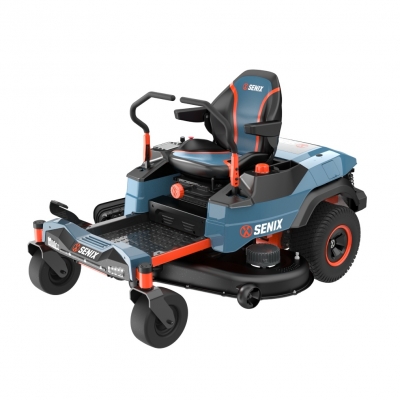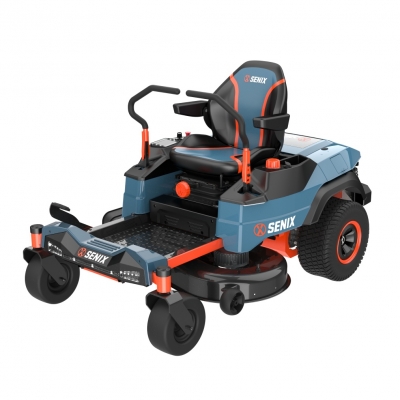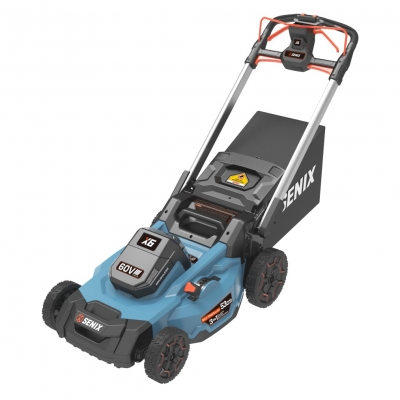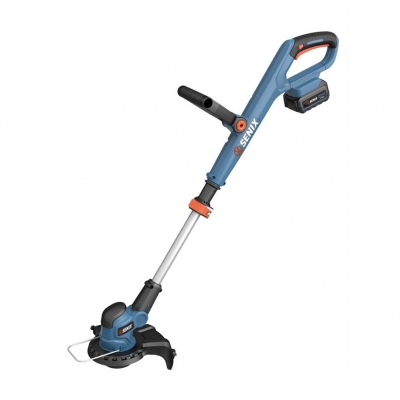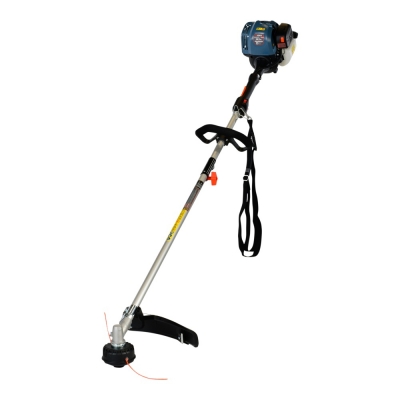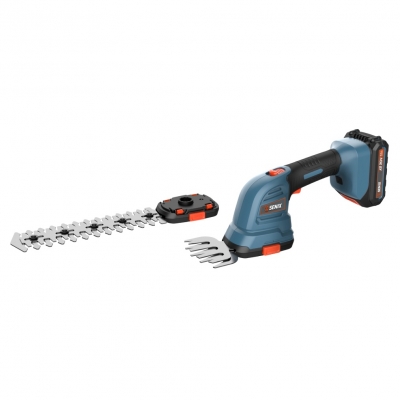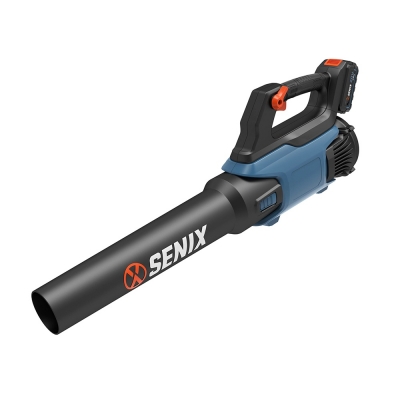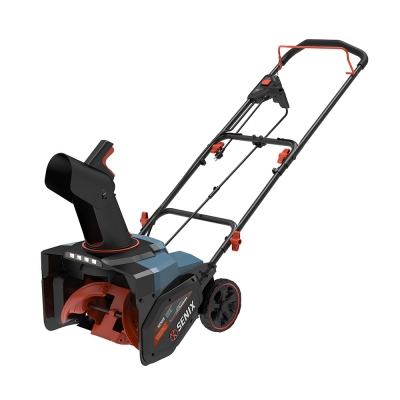Cordless vs. Gas Garden Tools: Which One Is Right for You?
There's a quiet revolution happening in backyards and garages everywhere: cordless garden tools are becoming a serious alternative to their gas-powered counterparts. For homeowners, the question isn't just about horsepower anymore—it's about ease of use, maintenance, and environmental impact.
But is going cordless really the better choice? Or do gas-powered tools still hold the edge when it comes to raw performance? Let's break it down tool by tool, based on real needs and common tasks.
Lawn Mower
Cordless:
Battery-powered lawn mowers have come a long way. Today's models offer enough runtime for most small to medium-sized lawns and eliminate the hassles of fuel mixing, oil changes, and pull-starts. They're also noticeably quieter—your neighbors might not even hear you mowing.
Gas:
Still the go-to for large or uneven yards, gas mowers typically provide longer runtime and more consistent torque for thicker grass or rough terrain. That said, they require regular engine maintenance, fuel storage, and more physical effort to operate.
Verdict:
If your yard is under 1/2 acre, cordless is likely more than enough. Larger properties or tall grass? Gas may still be worth considering.
String Trimmer
Cordless:
Modern cordless trimmers are lightweight, low-vibration, and easy to maneuver. They're ideal for weekly edging and light trimming. Swapping battery packs is faster than refueling, and some models come with automatic line feed systems to reduce downtime.
Gas:
Better suited for heavy-duty weeds, thick grass, or extended use. They offer stronger cutting power and longer operation times—but they're louder, heavier, and need regular upkeep.
Verdict:
For regular maintenance and residential use, cordless trimmers are more than capable. Choose gas only if you're dealing with overgrown or tough areas regularly.
Brush Cutter
Cordless:
Battery-powered brush cutters exist but are best suited for lighter underbrush. Their runtime is often limited, especially when cutting through denser growth, and blade torque can suffer under resistance.
Gas:
Gas-powered brush cutters are built for power and endurance. They slice through thick weeds, small saplings, and brambles with ease. Heavier, yes—but they’ll finish the job in one go.
Verdict:
If your property has wild or overgrown areas, gas wins here. For lighter tasks, cordless is viable—but know its limits.
Hedge Trimmer
Cordless:
Quiet, nimble, and easy to lift—even for extended periods. Cordless hedge trimmers are a favorite among homeowners, especially for routine shaping. They start instantly and reduce the fatigue often associated with heavier gas units.
Gas:
Stronger, with longer blades and higher cutting capacity. They're better suited for commercial use or very large hedges that need to be shaped quickly.
Verdict:
Unless you're trimming large estate hedges professionally, cordless models are more than capable and far easier to handle.
Leaf Blower
Cordless:
Battery-powered blowers are improving every year. Some now reach airspeeds suitable for clearing patios, light leaf piles, and garden beds. They're light, quiet, and turn on with the push of a button—perfect for everyday cleanup.
Gas:
Still king for power. If you need to move wet leaves, debris, or clear a large area, gas blowers offer higher air volume and pressure. However, they're noisy, emissions-heavy, and not always neighborhood-friendly.
Verdict:
For light to moderate use, cordless blowers are convenient and effective. Gas is better suited for rural areas or fall cleanup marathons.
Snow Blower
Cordless:
More compact and cleaner to run, cordless snow blowers are ideal for short driveways and light to moderate snowfall. They're quieter, require less maintenance, and can be stored more easily.
Gas:
Still the top performer for heavy snow, icy slush, and long driveways. They're bulkier but clear more with each pass—and don't rely on battery life during longer storms.
Verdict:
If winter is mild or your driveway is short, cordless can be a stress-free solution. For deep snow, gas is the dependable workhorse.
Choosing Based on Your Needs
| Consideration | Go Cordless If… | Stick with Gas If… |
|---|---|---|
| Yard size | You have a small to medium lawn | You manage a large or uneven property |
| Noise & neighborhood | You prefer quiet operation and low impact | Noise isn't a concern |
| Maintenance tolerance | You want a low-maintenance solution | You don't mind regular servicing |
| Tool storage | You're short on storage space | You have room for fuel, parts, and tools |
| Environmental concern | You want an eco-friendlier option | Emissions are not a priority for you |
Choosing between cordless and gas garden tools isn't just about power—it's about how you actually use them. Cordless models offer quiet, clean convenience for the average homeowner, while gas tools still lead in raw performance and stamina for tougher tasks. The best approach? Start with what you need most often, and build your toolkit from there.


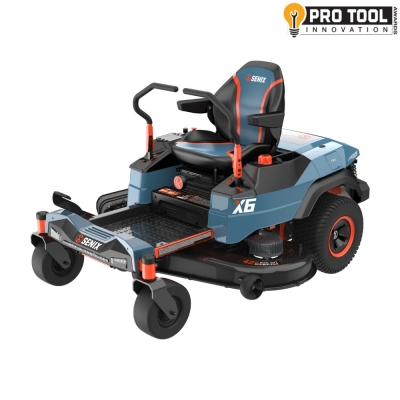
 (5.0)
(5.0)